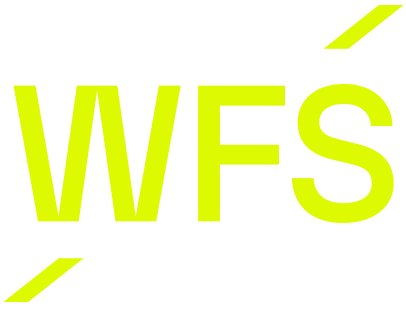Elite football is increasingly defined by rapid capital cycles, global multi-club structures, and expansion-led brand strategies. In that context, New Balance and Lega Serie A’s Atalanta B.C. used their recent naming-rights partnership — the New Balance Arena — to articulate a different thesis: slower scale, deeper alignment, and long-horizon brand building.
At the recent WFS Madrid, leading executives from both organisations presented a model rooted in selectivity and culture. Rather than chasing visibility across dozens of assets, New Balance focuses on partnerships that live at the intersection of sport and culture — built on the belief that identity-driven relevance compounds more meaningfully than reach-driven volume.
Values-led partnerships in a performance-driven football economy
New Balance’s positioning in football diverges from the dominant playbook. Rather than racing for scale, the brand has built a smaller, carefully curated footprint — prioritising clubs and athletes who can operate at the intersection of sport and culture.
As New Balance Global CMO Chris Davis explained, it’s a model designed not for maximum reach, but for cultural relevance, long-term resonance, and identity consistency across markets: “It’s about being the best and most authentic version of ourselves, not the biggest. We’re not doing things purely to drive revenue or commercial return — we’re doing things to cement authenticity within the marketplace,” Davis said.
Davis contrasted this long-term approach with what he identified as a structural short-termism shaping much of elite football: “Football has been extremely guilty of short-term financial thinking. Too many in football bounce from one sponsor to the next, chasing 5% or 10% more instead of thinking about cultural and community legacy.”
That insight reinforces the brand’s selective approach. New Balance focuses on cultivating partnerships at the intersection of sport and culture — designed to sustain a shared story over time.
This mindset prioritises personality, community engagement and long-horizon brand storytelling over short-term commercial spikes. Internally, the team describes it as operating more like a boutique: not the biggest footprint, but one with clarity and coherence.
As Andrew McGarty, Global Sports Marketing Director at New Balance, explained, the brand’s focus is not on accumulating athletes or shirt deals, but on building cultural alignment.The aim, he suggested, is not scale but curation. The brand wants players and clubs who embody a certain identity —on and off the pitch— capable of representing a point of view in sport and culture rather than simply wearing a product.
“We’re not signing players for what they do on the pitch, they need to do it off the pitch, in the community, be good brand partners, be able to live in that intersection of sports and culture. We’re not looking to sign 50 percent of every team out there, we want that one who is willing to be unconventional and lead.” — Andrew McGarty
Atalanta’s model
The partnership with Atalanta brings that vision to life. New Balance and Atalanta Bergamasca Calcio — both family-owned organisations — share a long-term mindset built on identity and authenticity.
As the club’s Co-Chairman Stephen Pagliuca explained, Atalanta BC has grown through continuity in leadership, a defined sporting model, and a commitment to its academy. “The Atalanta way is to play hard, to be fair, to have high integrity. And we teach that to the kids starting from six years old,” said Pagliuca. “The partnership with New Balance now allows those values and that vision to reach audiences around the world.”
The New Balance Arena reflects that approach. Pagliuca explained how the club renovated the old stadium — much like Boston’s Fenway Park — preserving its iconic character while modernising facilities with parking and luxury boxes. The result, he said, has been transformative for both fans and the club’s partnership with New Balance. He was particularly enthusiastic about the club beneath the stadium, featuring Italian marble and one of the country’s top chefs. “Maybe if you don’t even like football, you should come and eat there,” he joked. “It’s an incredible experience.”
Through the New Balance Arena, both organisations have created a tangible demonstration of their shared approach: selective partnerships, identity-driven storytelling, and infrastructure that reflects values rather than chases scale. The stadium renovation mirrors the partnership philosophy — preserving what matters while evolving what must.
